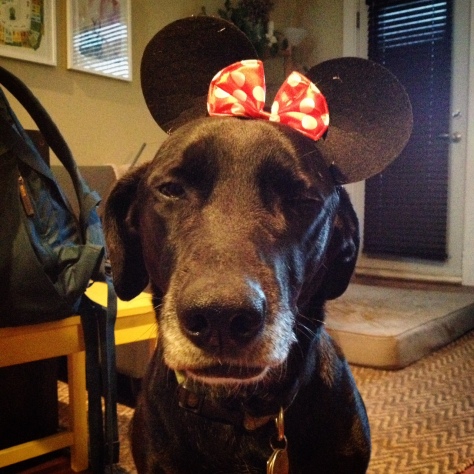I used to think my writing was best when it came from a state of intense emotion. I suspect a lot writers have had this thought.
This belief is useful at times. If, for example, you’re trying to be productive while struggling with a persistent-but-amorphous sense of anxiety, the anxiety can be neatly reframed as an imperative to write. The belief that writing in fact requires some form of suffering served me well all the years I spent either ignoring or tending to my “should I be in this relationship” anxiety. But when the relationship ended (and the anxiety ended and the sense of loss became bearable) writing suddenly came easily. I was focused. I wasted less time browsing strangers’ wedding albums on the internet, wondering if I could ever feel the uncomplicated happiness their faces so often betrayed. Emotional clarity, it turned out, was totally productive.*
I’m supposed to be writing an essay about what it means if you spend years thinking about the dangers of love stories and then your own love story becomes a matter of international interest. This is an interesting topic! This is an essay I’d like to read! But what I’m actually writing is an essay about doubt. Sorry if you thought that other thing sounded interesting. Someone else may have to write it, because the question I keep coming back to, in writing and in love, is this: how do you live with doubt?
Urrghghfghhg. I pose this question and then I make this sound. It is a groan that is mostly consonants. It is a feeling that lives in the throat.
Maybe this question about doubt is really a symptom of privilege. It’s a question you get to ask when you have nothing else occupying your mind.
When you write an essay (that millions of people read) about how you used science to help you fall in love, you turn your life into the kind of myth you don’t believe in.
When you ask your boyfriend what he makes of this and he says, “It’s not like you fall in love and then you’re in love. You fall in love and then you have to actually really get to know somebody,” you can feel it like a fog, the doubt that has settled over the two of you.

We are all out of lightning bolts.
This is what we don’t talk about enough in love: ambivalence. And how normal it is. Maybe I am not writing an essay about doubt, maybe I’m writing an essay about ambivalence. There is a difference. Doubt is the fog. It is the feeling you can’t see through. It’s all consonants. Ambivalence is a little better. It contains some certainty. It is the yes and the no, two cards held close to the chest. You want to play them both, but you can’t.
“If you can fall in love with anyone, how do you choose?” he asked that night last summer.
“How do we live with doubt?” I ask him today over lunch.
We’ve come up with an answer. It isn’t perfect but it’s all we have. You choose. You choose over and over again. Because there is no right choice. There is no right person. There is simply someone you love, someone you have chosen, whom you will have to choose again. But there is no guarantee that you will always choose him, that he will choose you.
When you write an essay about a study designed to make two strangers fall in love and, after trying it, you yourself fall in love, and this essay goes viral, lots of people you’ve never met will care very much about the status of your relationship. This is strange.
So, how do you live with doubt?
Continue reading →





